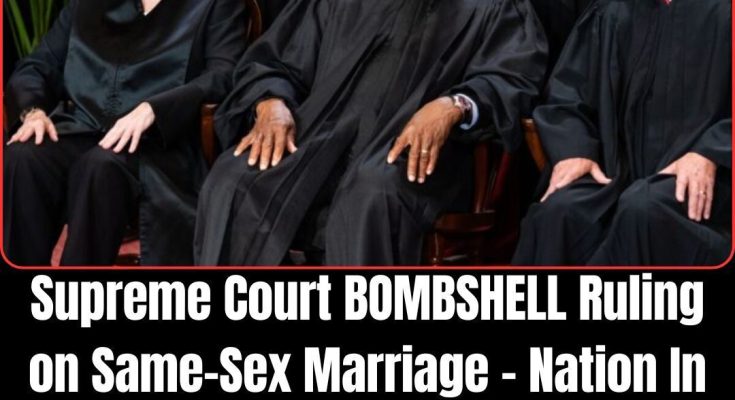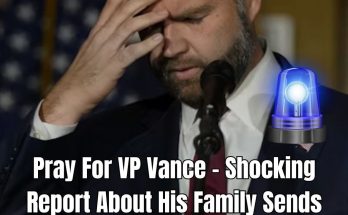
The U.S. Supreme Court on Monday turned down a chance to change its landmark judgment that same-sex couples have a constitutional right to marry. This upset LGBTQ groups who were worried that the conservative court would be ready to change the decision that had been in place for ten years.
The court did not grant Kim Davis’s appeal. She is the former county clerk in Kentucky who is now facing hundreds of thousands of dollars in damages and legal bills for refusing to issue marriage licenses after the court’s ruling in Obergefell v. Hodges enabled same-sex couples to marry.
The court didn’t say why it rejected the appeal, which got a lot of attention. This was partly because the court’s 6-3 conservative majority invalidated Roe v. Wade and the constitutional right to abortion that decision set up three years ago. Since then, people have been more worried that Obergefell will be the first case to fall, CNN noted.
The case, brought by Davis—a former Kentucky clerk who served six days in jail for refusing to issue marriage licenses to same-sex couples on religious grounds—could pose a significant challenge to federal protections for same-sex marriage nearly a decade after the Supreme Court legalized such unions nationwide.
In a petition filed to the Supeme Court over the summer, Staver argued against same-sex marriage on religious grounds.
“Obergefell was ‘egregiously wrong,’ ‘deeply damaging,’ ‘far outside the bound of any reasonable interpretation of the various constitutional provisions to which it vaguely pointed,’ and set out ‘on a collision course with the Constitution from the day it was decided,’” he wrote.
Davis’ case “presents the ideal opportunity to revisit substantive due process that ‘lacks any basis in the Constitution,’” the petition said.
“This flawed opinion has produced disastrous results leaving individuals like Davis ‘find[ing] it increasingly difficult to participate in society without running afoul of Obergefell and its effect on other antidiscrimination laws,’” it read. “And, until the Court revisits its ‘creation of atextual constitutional rights,’ Obergefell will continue to have ruinous consequences for religious liberty.’”
The petition stated that if the court were to overturn Obergefell, the authority to determine marriage rights would revert to the states, while same-sex marriages performed since the ruling would remain legally recognized under a grandfather provision.
Staver told the outlet that he believes the court’s previous ruling on the issue is constitutionally unsound.
“It has no basis in the Constitution,” he said. “It’s what caused this issue with Kim Davis to be sent to prison for six days and now facing hundreds of thousands of dollars personally, is the Obergefell opinion originally, and I think that it’s time to reevaluate that and overturn it.”
Other legal experts are not confident that the high court would reverse its earlier decision.
“There’s a chance that a conservative majority could use the case to expand the rights of religious objectors to same-sex marriage,” Daniel Urman, law professor at Northeastern University, told Newsweek.
“But that’s not the same as overturning the right itself, and I don’t see a majority of the Court ready to do that. Culturally, same-sex marriage has become embedded in American life, and it is still popular in public opinion polls,” he added.
Paul Collins, a professor of legal studies and political science at the University of Massachusetts Amherst, told Newsweek that although Davis hopes to use the case as a means to overturn same-sex marriage, that is not necessarily the central issue before the court.
“Instead, it is about a jury verdict for inflicting emotional damages by violating a same-sex couple’s right to marry. This just isn’t the right vehicle for challenging a constitutional right to same-sex marriage,” he told Newsweek.

